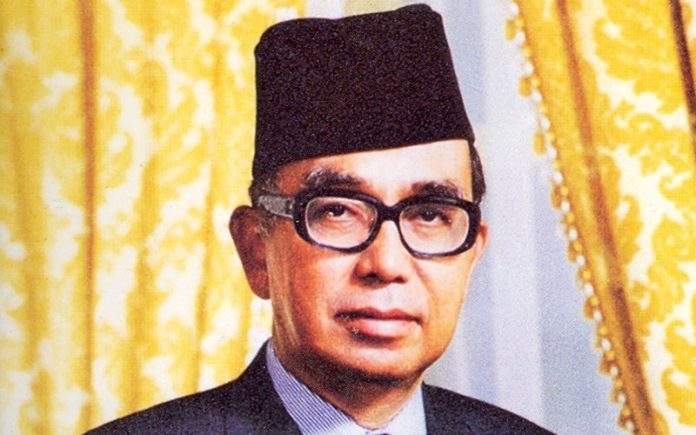
PETALING JAYA: A sociologist has urged Putrajaya to refer to the development path laid out by Malaysia’s second prime minister, Abdul Razak Hussein, in his Red Book and Green Book.
Denison Jayasooria, an expert in poverty studies, said Malaysia’s path to economic recovery after the Covid-19 pandemic could lie in the writings of Razak, who was known as Malaysia’s Father of Development.
Razak’s son Najib later became Malaysia’s 7th prime minister.
Jayasooria, a former professor at Universiti Kebangsaan Malaysia, said Razak’s Red Book provided a blueprint for local development, and the Green Book on agriculture and food security.

“These books tell us that the nation’s power was in the grassroots and local communities, not the corridors of power in the federal capital,” he said.
He proposed the formation of multi-ethnic and multi-disciplinary teams comprising those from the government, political parties, NGOs and local communities to implement anti-poverty programmes.
“We have a very large civil service but they are not on the ground. Get people out of the office to where the people are.”
His comments come in the wake of remarks by economy minister Mustapa Mohamed of a new non-racial approach to combat poverty.
Jayasooria said: “We have ethnicised the issues. The delivery of services is very race-focused. Addressing poverty means leaving no one behind, it means being inclusive and reaching out to those in need.”

Universiti Tun Abdul Razak economist, Barjoyai Bardai said Malaysia had used outdated ways to measure poverty.
“We are obsessed with becoming a high-income nation but income is not the sole determining factor in the people’s well-being,” he said. “The eradication of poverty must go beyond race.”
He said people were needed to keep track of those who are struggling so aid is channeled to those who need it most.

Lee Hwok-Aun, a senior fellow with ISEAS–Yusof Ishak Institute said Malaysia’s anti-poverty policies are actually equal and inclusive.
“Of course, the implementation must be scrutinised to monitor whether the principle is upheld, or whether the poor of some groups are being excluded from benefits and assistance relative to equally poor members of other groups.”
He added that clarity was needed on how the revised absolute poverty line and relative poverty line would guide the anti-poverty policy.


